The trouble with recycling
Most Scandinavians have a recycle or die attitude, it’s ingrained in both culture and values. But what if recycling was doing more harm than good? What if it was one of the biggest obstacles to people and companies reducing their waste?
Treating the problem
In Sweden we each create around 480kg of household waste per year, that’s about average compared with other European countries. We’re very good at recycling all that waste. In fact, the official site of Sweden claims we recycle over 99% of our waste. Included in that figure is classic recycling of plastic, card, etc., biological treatment, and (the not-without-controversy) incineration, or waste to energy. Just 0.8% of our waste goes to landfill, which is where you get plastic bottles hanging around in the ground for a few hundred years. That figure is pretty impressive when in countries like the UK it’s around 28%, and in other places, a staggering 100% gets thrown in the ground.
“It’s ok, I can recycle it”
How many times have you thought, “it’s ok because I can recycle it”? Recycling has this do-gooder vibe to it, it feels like you’re doing something positive. It is also seen as the solution, while it really only treats the symptoms not the cause. It deals with aftermath, but doesn’t address why it’s happening or if there’s a way to reduce trash before it exists. Recycling is great as a means of keeping trash out of the ground, but it doesn’t address the issue of the raw materials and energy used to produce “stuff” in the first place. And it doesn’t seem to curb all the plastic that ends up in our oceans. What we should really be doing is taking a long hard look in our rubbish bins and considering alternatives to all that disposable stuff.
The zero-waste approach follows the 5 Rs – Refuse, reduce, reuse, recycle, rot. There are three stages before you even think about putting something in the recycling, or sending it to landfill. Take the example of a plastic bag with this approach:
Step one, refuse – say “no” when someone offers you a plastic bag (have a cloth bag with you).
Step two, reduce – buy less, need fewer bags.
Step three, reuse – if you have plastic bags already, reuse them until they die.
Step four, recycle – only if you can’t do the first three steps any longer, recycle it.
Step 5, rot – if you can’t recycle it, then the last resort is sending to landfill or to be burnt.
By adopting a zero-waste approach, refusing things you don’t really need, reusing things you already have and avoiding single-use items, you’ll start to address the real cause of the overflowing trash bin.
\Rowan




